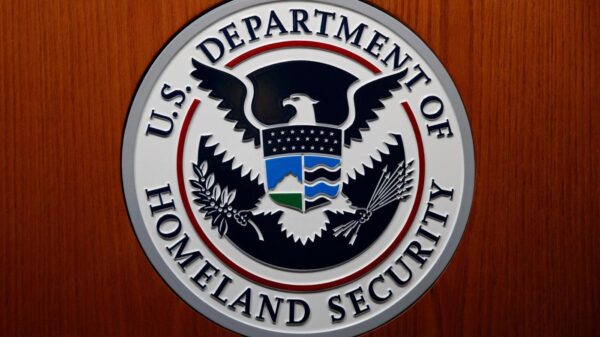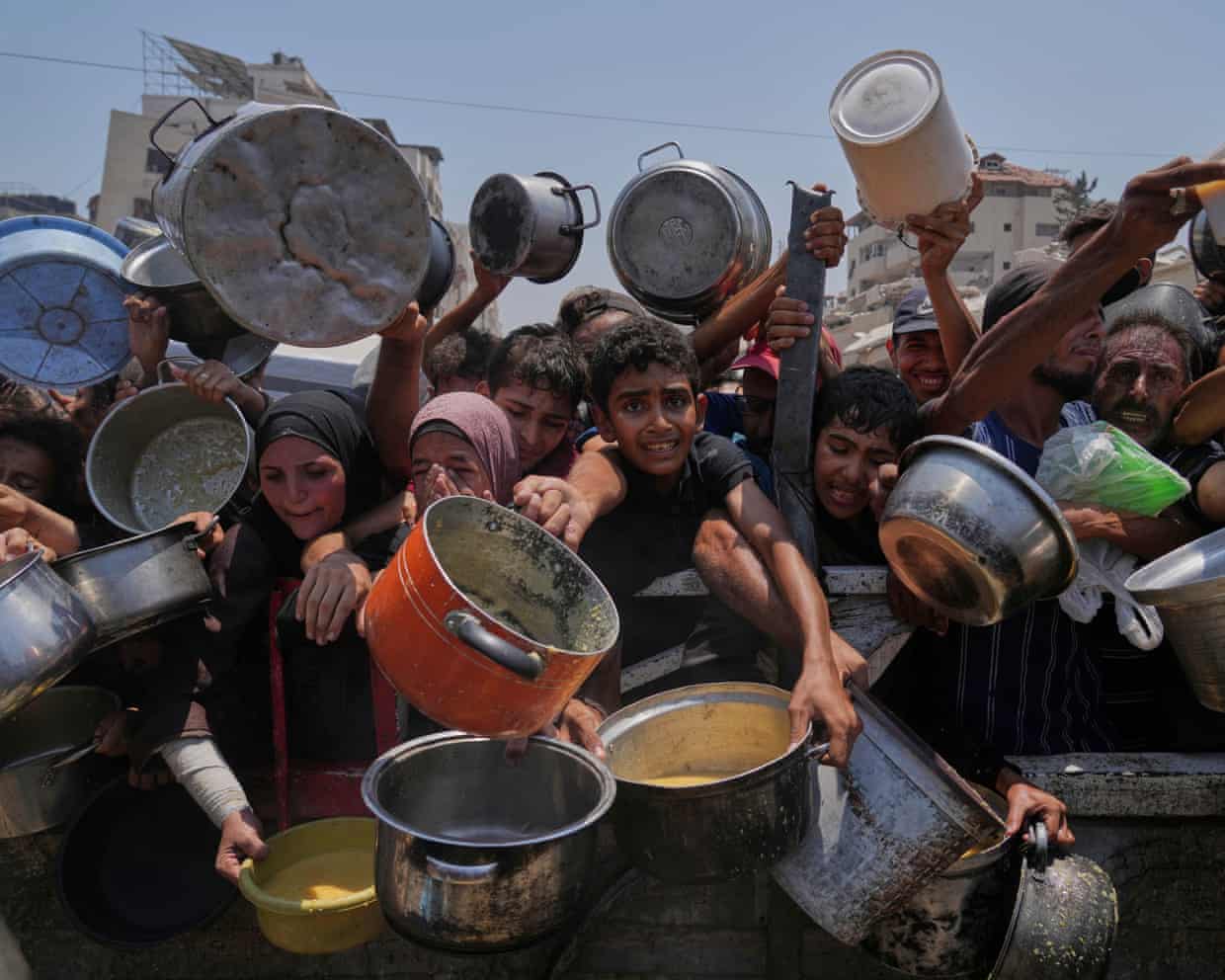At least 57 people have died in Gaza within the last 24 hours, as the region grapples with escalating violence and a deepening humanitarian crisis. Many victims were reportedly killed while seeking aid, as Israeli airstrikes continued amid failed ceasefire negotiations. The situation worsens as mass starvation becomes increasingly prevalent, with reports indicating that at least 124 individuals, including 84 children, have died from starvation.
Desperate crowds gathered near the Zikim crossing into Israel, hoping for aid trucks to arrive. The United Nations has attributed the humanitarian disaster largely to Israel’s ongoing blockade of Gaza. On Saturday morning, an infant succumbed to malnutrition, marking the third baby to die from hunger in just one day. Israeli airstrikes have claimed additional lives, including four individuals in an apartment building in Gaza City.
Ceasefire discussions have seemingly reached an impasse, with both the United States and Israel withdrawing their negotiating teams from Doha on October 7, 2023. U.S. President Donald Trump placed the blame on Hamas, claiming the group does not desire a resolution. Israeli Prime Minister Benjamin Netanyahu hinted at considering “alternative options” to ceasefire talks without disclosing specifics.
Hamas officials have countered these accusations, asserting that the U.S. and Israeli withdrawal is merely a negotiating tactic. According to senior Hamas official Taher al-Nunu, progress had been made in negotiations prior to the collapse. The two parties remain in disagreement over the positioning of Israeli troops during the ceasefire, access to humanitarian aid in Gaza, and the exchange of Palestinian prisoners for Israeli hostages.
As negotiations falter, the humanitarian situation in Gaza deteriorates rapidly. The World Food Programme reported that over 90,000 women and children are in urgent need of treatment for malnutrition, with one in three residents going days without food. Rania al-Sharahi, a mother of six who is also pregnant, expressed her harrowing experience of searching for food. She has lost 22 kg while struggling to provide for her children, who often beg for scraps from neighbors.
“I dream of eating something sweet, anything sugary that might give me some energy,” al-Sharahi shared. Her family does not visit aid distribution points run by the private U.S. Gaza Humanitarian Foundation, where more than 1,000 people have died in the last two months while attempting to receive aid.
Israel has downplayed the severity of the starvation crisis, suggesting that a coordinated media campaign is damaging its image. The Israeli government maintains that aid is available but attributes delays to the United Nations. However, the UN has stated that it faces numerous restrictions imposed by Israel, which hinder aid distribution. The UN has indicated that most of its requests for aid access have been denied, resulting in regular delays.
Despite claims of allowing 4,500 aid lorries into Gaza since lifting its total blockade in May, this figure amounts to only about 70 truckloads per day, far below the pre-war average of 500 trucks daily necessary to meet the population’s needs. Global scrutiny has intensified as images of starving children circulate worldwide, prompting Israel to announce plans to resume airdropped aid for the first time in months.
Jordan will undertake these airdrops, focusing primarily on food and milk formula. British Prime Minister Keir Starmer has stated he is “working urgently” with Jordan to facilitate British aid to Gaza while facing mounting pressure to formally recognize a Palestinian state.
Philippe Lazzarini, head of UNRWA, the UN agency serving Palestinian refugees, criticized the airdrops as ineffective, calling them a “distraction” that will not resolve the deepening starvation crisis. France recently announced plans to recognize a Palestinian state at the UN General Assembly in September, signaling disapproval of Israeli actions. In contrast, Italian Prime Minister Giorgia Meloni stated that Italy would not recognize a Palestinian state at this time, deeming it “counterproductive.”
Since the onset of Israel’s military operations in response to a Hamas-led attack on October 7, 2023, nearly 60,000 people have died in Gaza. The humanitarian crisis continues to escalate, with urgent calls for international action to alleviate the suffering of the population.





































































